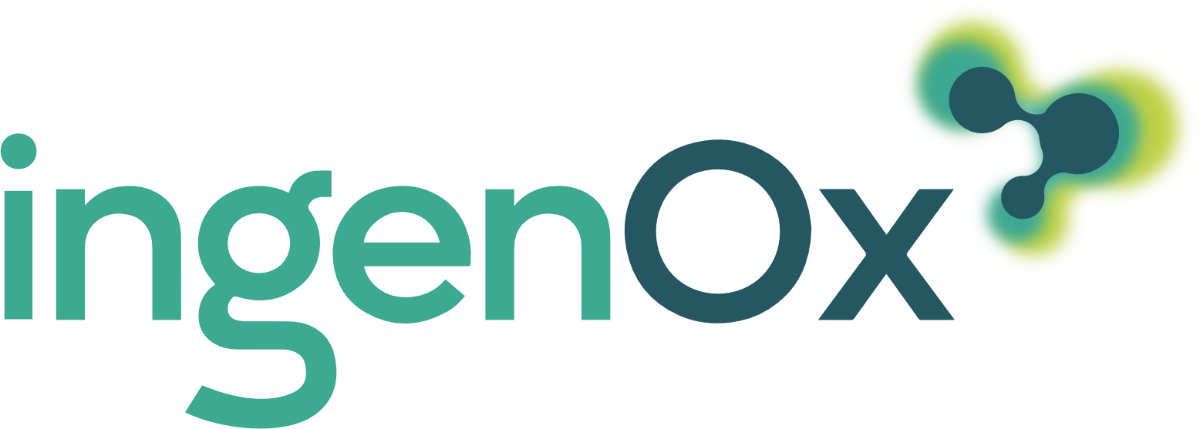Oxford, UK, 2nd March 2020 – Celleron Therapeutics, the UK-based company developing novel medicines for cancer patients, today announced that its partner in China, Nuance Biotech Ltd., initiated a Phase Ib/II study in Hong Kong to test CXD101 in patients suffering from peripheral T-cell lymphoma (PTCL), a rare type of blood cancer.
The study will start with a safety evaluation and pharmacokinetic study in Chinese patients in multiple tumour types, followed by a Phase II study in PTCL indication.
Previously, a Phase I trial in multiple tumour types conducted in the UK demonstrated the acceptable safety profile of CXD101, a histone deacetylase inhibitor (HDACi), and promising signal for efficacy in multiple tumour types, which led to the grant of EU Orphan Drug Designation in PTCL.
Under the terms of the agreements, Nuance Biotech receives a license to develop and commercialise Celleron’s clinical stage drug, CXD101, in indications of high unmet medical need, in return for payments of royalties and of milestones relating to the development and commercialization of the products in China.
Professor David Kerr, Co-founder and Chief Medical Officer of Celleron Therapeutics, commented: “This is an important step forward in the development of CXD101 – we know that the drug is clinically active in a range of haematological malignancies, but this trial will ultimately allow us to clinically validate our patented chemosensitivity biomarker, HR23B, to better select patients who will benefit the most.”
About Celleron Therapeutics
Celleron Therapeutics is a biopharma advancing a clinical and pre-clinical pipeline of precision therapies for different cancer indications. The company is located on the Oxford Science Park, UK. Celleron Therapeutics has built a proprietary platform around epigenetic control and immune modulation, providing its drugs with a two-pronged attack on cancer. Celleron’s approach seeks to align the right drug with the right patient enabling a personalised approach to cancer therapy.
Celleron Therapeutics’ focus is on those cancers where there is still an unmet need for long-term disease control. It is hoped that not only will patients volunteering for our clinical trials benefit directly, but the results from these studies will ultimately allow the general use of more effective, safer medicines. Our goal is not only to treat cancer, but improve quality of life during therapy by reduction of side effects.
Celleron has a global license partnership with Astra Zeneca and is also initiating new trials in China. The company secured investment in 2016 from a consortium of South Korean investors. For more information see www.cellerontherapeutics.com
About Nuance Biotech
Nuance Biotech is a leading China based biotech company based in Shanghai and focussed on commercial, regulatory and development stage assets run by an experienced China based management team with a strong track record. Nuance is backed a leading global tier 1 investor with more than USD 3 billion under management in China through Matrix Partners. The company strategy and approach allows for a highly scalable commercial and drug development model.
About CXD101
CXD101 is Celleron Therapeutics’ next generation epigenetic immune-regulator representing a class of drug that kills cancer cells by blocking certain vital functions involved in gene expression (histone–deacetylase [HDAC] inhibitor) and reactivates the patient’s immune system so that cancer cells can no longer evade immune recognition.
The European Medicines Agency (EMA) has previously granted CXD101 Orphan Drug Designation as single agent therapy, based upon early-phase trial efficacy seen in relapsed or refractory Peripheral T-Cell Lymphoma (PTCL) patients. A PTCL Phase II trial will start in 2020 in China.
Celleron Therapeutics is also leading an investigator-led Phase Ib/II clinical trial in diffuse large B-cell lymphoma (DLBCL) patients who have failed on chemotherapy, called PLACARD, which is testing the combined effect of CXD101 and pembrolizumab.
About peripheral T-cell lymphoma
CXD101 is being investigated for use in peripheral T-cell lymphoma (PTCL). PTCL is a Non-Hodgkin’s Lymphoma (NHL) which covers a group of rare and often aggressive cancers that result from the proliferation of mature T-cells. Together they form a heterogeneous group which is categorized into subtypes according to clinical, morphological, immunophenotypic, and in some instances molecular characteristics. The three most common subtypes of peripheral T-cell lymphoma are peripheral T-cell lymphoma not otherwise specified (PTCL-NOS), anaplastic large-cell lymphoma (ALCL), and angioimmunoblastic T-cell lymphoma (AITL). The presentation of the disease often involves multiple sites in the body, including lymph nodes, blood, bone marrow, spleen, liver, skin, sinonasal cavity and other organs. The symptoms of the disease often include multiple, enlarged, painless lymph nodes in the neck, armpit or groin. Other signs may include liver and spleen enlargement, skin rashes, night sweats, fever and weight loss.
Peripheral T-cell lymphoma is predominantly diagnosed in adults and is more common among men. The prognosis for most subtypes is poor, as the disease often follows an aggressive course and therefore requires rapid treatment. In the majority of patients, 5- year survival is less than 30%. This is considerably worse than the aggressive B cell lymphomas, which have a 5-year survival rate of 60-70%. As the disease is often characterised by multiple relapses, the prognosis for patients is still poor even if they initially respond to the currently available treatments. Whilst the exact cause of peripheral T-cell lymphoma is not yet known, certain subtypes have been associated with exposure to certain viruses, such as the Epstein-Barr virus or the human T-cell leukaemia virus-1 (HTLV-1).
Download the Press release Celleron Therapeutics’ clinical trial initiated in China with partner Nuance Biotech
